How Better Hong Kong Foundation’s soft diplomacy helps city maintain important economic role
- City can adapt to change to ensure it continues as a connector between mainland China and the world, the privately funded think tank says
- Ronnie Chan and Dario Pong, co-convenors of its executive working group, believe Europe and Middle East offer better business opportunities for nation amid tensions with US

[Sponsored article]
Hong Kong companies must forge a new path as the city emerges from years of challenges including social unrest, the continuing Covid-19 pandemic and an increasingly complicated geopolitical landscape, business leaders at the Better Hong Kong Foundation (BHKF) think tank say.
“I wonder if the coronavirus disease outbreak was the first time a pandemic spread worldwide so fast and grew to become such a serious challenge,” Ronnie Chan, chairman of both the property developer Hang Lung Properties and the foundation’s executive committee, says. “Sadly, it is not our only problem. There are other issues, too, which perhaps will be much longer lasting, such as tough China-United States relations.”
BHKF, which is privately funded and non-political, was formed in 1995 by Chan and 20 other business leaders to organise a celebration to mark Hong Kong’s return to China in 1997 and demonstrate unity as the city was entering uncharted waters.

“After 1997, then-chief executive Tung Chee-hwa asked me to consider the future of this organisation,” Chan says. “My proposal was that there was a need to tell Hong Kong’s story in a better way, as the concept of ‘one country, two systems’ was new to China, Hong Kong and the world. I proposed turning the organisation into an outward-looking one to tell the Hong Kong story.”
One of its missions has been to expand its membership to encourage the exchange of diverse views and collective wisdom. In 2013, BHKF invited Dario Pong, founder and managing director of automotive magnet producer Ferro Resources, to go on a relationship-building trip in Taiwan. He was impressed by the calibre of people he had the opportunity to meet.
“It was quite an eye-opener for me,” Pong, who like Chan is co-convener of the BHKF executive’s working group, says. “I was later invited to have lunch at Ronnie’s office – it was a more formal meeting for foundation members. He is very diligent – he would go through your background and interview you before letting you in. I think he picks people from different backgrounds and from different industries to make sure that we can represent the widest spectrum of Hong Kong people.”
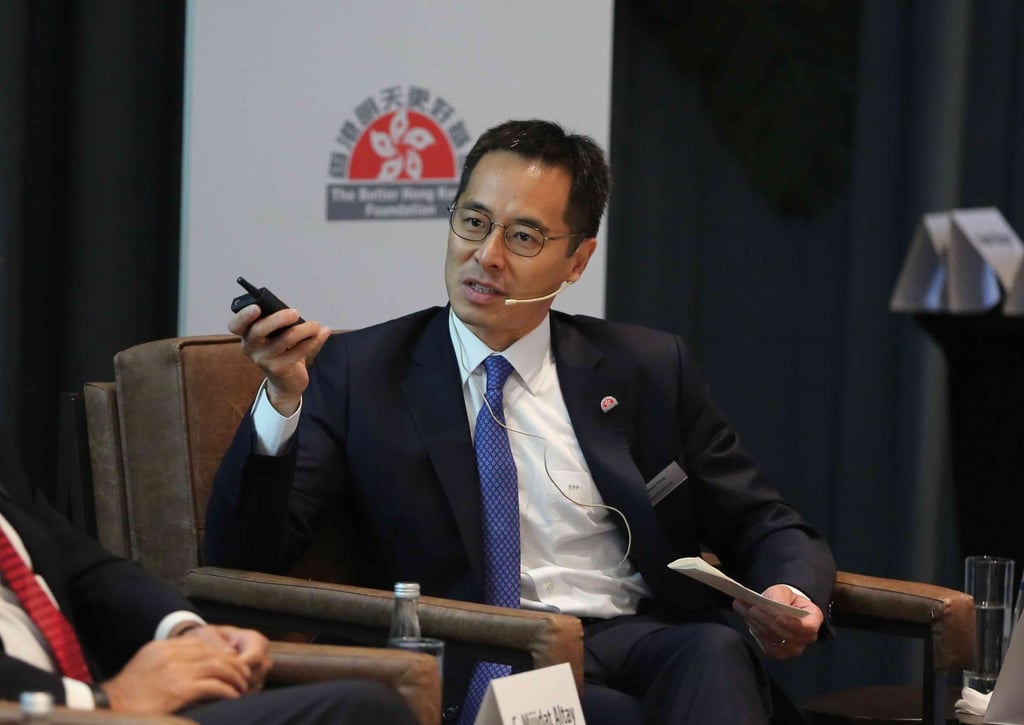
Pong, a magna cum laude economics graduate of Princeton University in the United States, is a keen observer of the growth of China’s international reputation on the global stage, having spent a year at Peking University researching the country’s five-year plans and economic policies since 1949. He lived in Beijing and Shanghai for 17 years before returning to Hong Kong in 2012.
Both Chan and Pong feel that BHKF’s outward role has become even more important in recent years as tensions between the US and China have been growing, particularly since the start of the trade war in 2018, when then-US president Donald Trump ordered tariffs imposed on Chinese products, which led to China responding in kind.
The US sees China’s rise as a threat – and it is nothing new
However, Chan believes that the seeds of this geopolitical rivalry were sown decades ago.
“There’s no doubt Trump exacerbated the problem greatly, but it didn’t start there,” he says. “America’s hostility against China was about 30 years in the making.”
He believes the cause of Sino-US tensions has been America’s continuing determination, both politically and militarily, to maintain its global dominance and ensure no rival superpower could emerge in the world.
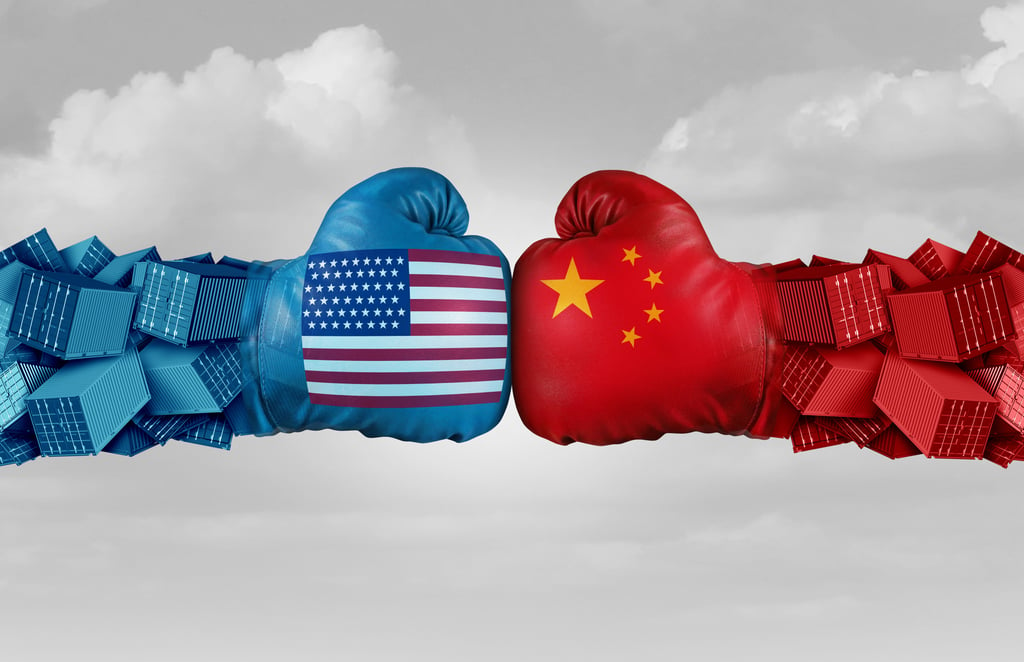
Chan says this mission was revealed in the Wolfowitz Doctrine – the unofficial name of an initial version of the 1992 “US Defense Planning Guidance” for the 1994–99 financial years, which was drafted under the supervision of Paul Wolfowitz, then the country’s undersecretary of defense for policy. He was appointed US deputy secretary of defense under then-US president George W. Bush from 2001 to 2005.
The document, outlining a policy of unilateralism, was not intended for public consumption. But it was leaked to The New York Times, sparking claims that the US was imperialist, and caused an outcry, leading to it being rewritten and toned-down before its official release.
“When US President George W. Bush came along, it again ratcheted up the relationship in the wrong direction,” Chan says. “China is not a threat to the world, but it may be a bit of a threat to American hegemony.”
Chan has spent years observing US-China relations and international politics. He was once chairman of the Hong Kong – United States Business Council, and also served on the governing boards of various non-profit organisations which support global dialogue and engagement, such as the World Economic Forum and Eisenhower Fellowships.
Time to look anew at European markets
Hong Kong, with much of its economy reliant on foreign trade, is greatly affected by geopolitics. In 2021, the city was responsible for the transshipment of 4.9 per cent of mainland China’s exports to the US, worth US$28.1 billion. About 7.6 per cent of US exports to the mainland, valued at US$13.7 billion, were also routed through the city.
American companies also have a notable presence in Hong Kong. As of June 2021, the city was home to 254 regional headquarters, 410 regional offices and 603 local offices with parent companies located in the US.
Pong says that while the US will remain a major market, Hong Kong companies must also look to the rest of the world.
“Hong Kong has benefited from growing China-US economic relations in the past 30 to 40 years,” he says. “But given recent tensions and conflicts, we believe that Europe presents better opportunities for China, because of the complementarity of the two economies. The European Union is the biggest trading partner of China, and Hong Kong is in the middle playing the role of a super-connector.”

Although there was a decline in trade between China and Europe at the height of the Covid-19 pandemic, the exchange of goods has recovered quickly. Between January 2020 and December 2021, EU imports from China increased by 55.2 per cent and EU exports to China rose by 9.9 per cent. As of December 2021, imports between the EU and China reached €47.9 billion (about US$48 billion), with exports reaching €17.9 billion.
To put this into perspective, the latest figures from the US Bureau of Economic Analysis estimate that imports between the US and China decreased US$2.3 billion in September to US$44.3 billion, while exports fell by US$900 million to US$12.2 billion.
Pong, who has years of experience carrying out business in Europe, says sizeable foreign direct investment has continued to pour into China from the continent, with examples such as German chemical company BASF’s €10 billion chemical plant in Zhanjiang, Guangdong province, and luxury carmaker BMW’s €2 billion expansion of its car plant in Shenyang, Liaoning province.
Businesses can form new global partnerships
“We also see the opportunity in countries involved in the Belt and Road Initiative [China’s plan to develop global trade], such as those in the Middle East, which hope to reduce their reliance on the US, in terms of business and also politically,” Pong says. “These countries have a lot of capital, a lot of money, which businesses in Hong Kong can attract. More importantly, they have no ideological conflict with China.”
Trade last year between China and Middle Eastern countries was worth up to US$330 billion – a total which did not include account investments, the belt and road projects and other infrastructure and hi-tech developments, the business intelligence agency GIS reported in April.
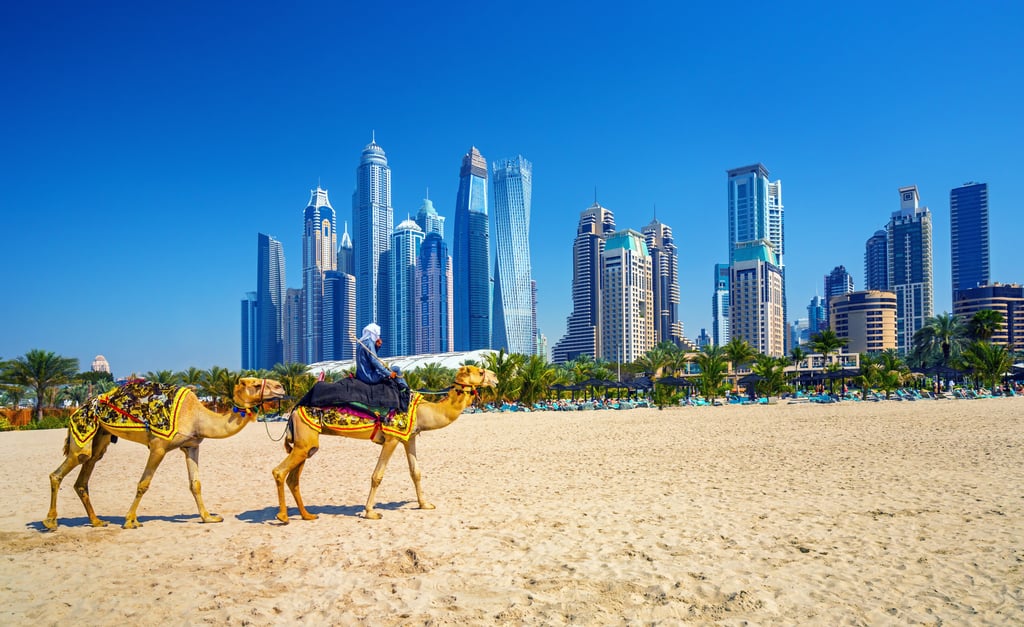
Chan and Pong say that to develop new opportunities for Hong Kong firms, the city cannot rely only on government initiatives, and it will also take person-to-person “diplomacy”. That is a big part of what the members of BHKF do.
“We have been building relationships for 25 years; personally I’ve been doing it for about 30 years,” Chan says. “I have never had so many Israeli, United Arab Emirati and Saudi Arabian friends wondering about doing business in China and elsewhere in Asia as I do now. I know what they’re after and it’s a real opportunity.
“With state-to-state diplomacy, you have no choice but to listen to the person who is talking because they will be the head of state or a government official,” Chan says.
“But person-to-person diplomacy is the exact opposite. People don’t have to talk to you. And you have to gain their trust: you have to make friends. Then the good thing is you can say a lot to friends and we pay much closer attention to what our friends say.”

Person-to-person diplomacy can also rise above geopolitics and be conducted between parties from countries that are at odds with each other. As travel restrictions are now being eased worldwide, face-to-face meetings with overseas partners, either abroad or in Hong Kong, will hopefully pick up again.
“We used to make a trip to the US every year, led by Ronnie, to see all his contacts in cities such as Washington and New York,” Pong says. “I think the dialogue, despite the hostility that exists between the US and China, has to continue.”
China’s economic fundamentals ‘remain strong’
After internal and external headwinds in recent years, China’s gross domestic product (GDP) growth is expected to slow to 2.8 per cent in 2022 – down from 8.1 per cent last year – but Pong thinks that the fundamentals of the country’s economy remain strong.
“Manufacturing is really something that the country won’t give up,” he says. “China has the biggest manufacturing capability in the world, in basically all products except for high-end semiconductors … I see it as the solid foundation for the country going forward.”
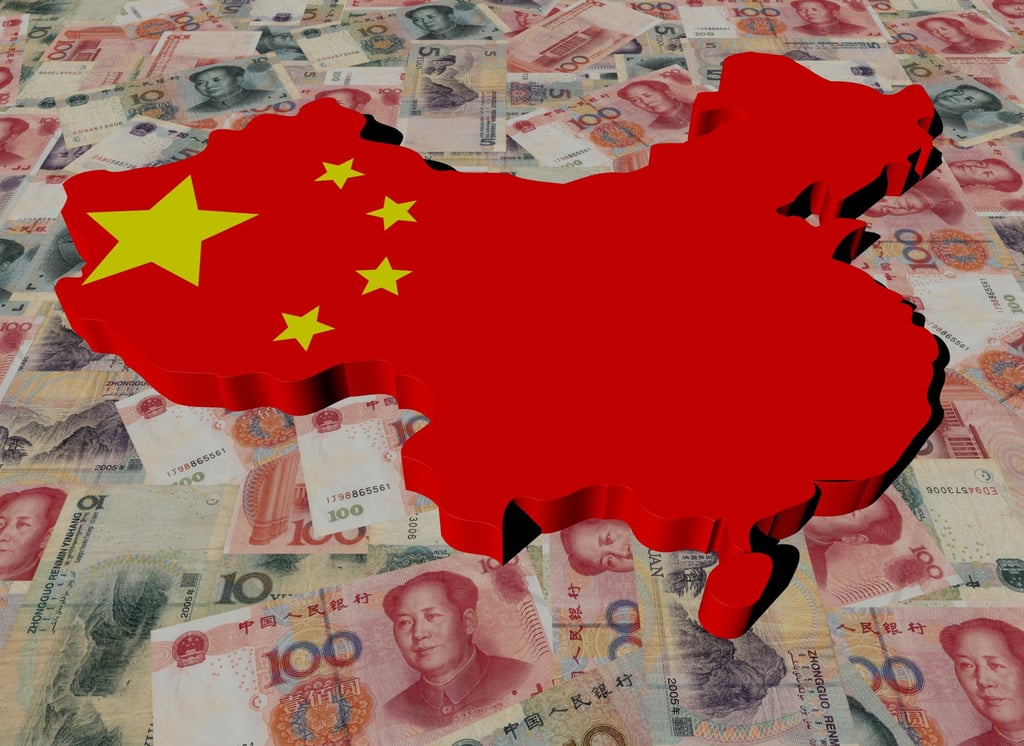
In June, the European Union Chamber of Commerce in China, which has more than 1,700 members nationwide, published its “European Business in China Business Confidence Survey”, showing that two thirds of European firms recorded revenue increases last year, despite the nation’s zero-Covid policy affecting the business environment.
China’s Ministry of Commerce reported in April that the inflow of foreign direct investment in this year’s first quarter rose 31.7 per cent year-on-year to US$59.09 billion. That increase comes despite reports of international businesses diverting some of their investments in China to other countries – known as the “China Plus One” strategy – because of pandemic supply-chain disruptions and social-economic issues.
“For sure, some business operations will move to Vietnam, Laos, or Cambodia because of the cheaper labour costs there,” Pong says. “But the supply chain that’s involved, the value chain itself, is so long that it will take one or more generations to build up the whole infrastructure. So, I think China is the only country in the world that can offer such depth.”
Super-connector Hong Kong must adapt to change
There has been talk of Hong Kong losing its economic edge as more mainland cities have rapidly advanced, but both Chan and Pong believe that it still has an important business role to play, even if its relationships with its mainland counterparts are evolving.
“In the old days, we had much more business experience and provided many good ideas to the mainland,” Chan says. “Now, business ideas should come from both sides because, in many ways, the mainland cities are more advanced than we are.
“For example, they are a cashless society and the use of online technology apps is far more widespread there than here. So I think that the exchange of ideas and cross-border interaction is very important.”
In recent years, there has been a great focus by the government and the private sector on the Guangdong-Hong Kong-Macau Greater Bay Area development zone. The scheme aims to create an integrated economic and business hub linking Hong Kong, Macau, Guangzhou, Shenzhen and seven other Chinese cities.
The Hong Kong Trade Development Council reported that the development zone’s population of 86.7 million people represents a GDP of nearly US$1.67 trillion. That represents about 12 per cent of the national GDP among 5 per cent of the population of the country.
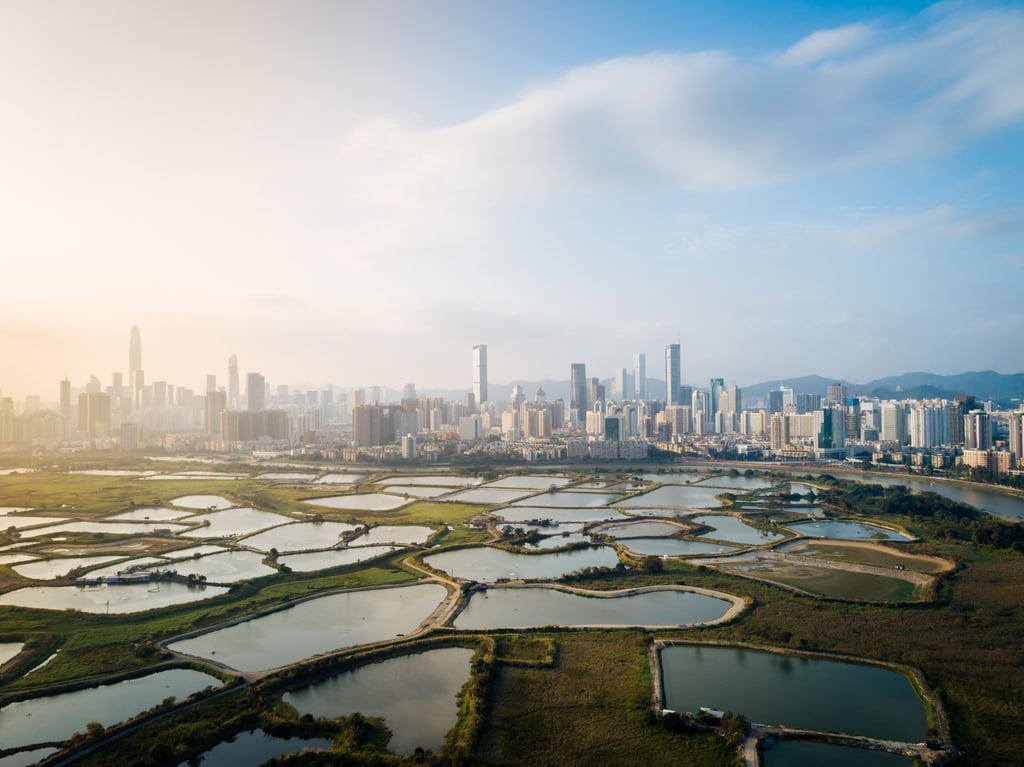
However, Pong says Hong Kong’s business community could set its sights further afield.
“The Greater Bay Area is a natural choice for Hong Kong’s business integration into the mainland,” he says. “But our opportunities are not limited to the GBA. I was in [the central Chinese city of] Wuhan only a few months ago and, when you talk to companies or government officials there, they are still so appreciative of what Hong Kong has done in the city since the 1990s.”
Both Chan and Pong agree that Hong Kong, with its widely recognised internationalism built up from years of experience in global trade, can still play an important role as a connector. But to maintain its edge it must also adapt to change.
“Our position as a business connector has been evolving over the past 30 years as mainland China changes,” Chan says. “In the old days, everyone who wanted to go to mainland China for business came through Hong Kong.
“Eventually, they flew directly to Shanghai and Beijing. But as the world changes, you may be losing certain advantages in some areas, but new ones can emerge and there will always be opportunities.
“I believe that in my lifetime, Hong Kong will still have a tremendous advantage and will continue to shine as a business and financial centre of China.”